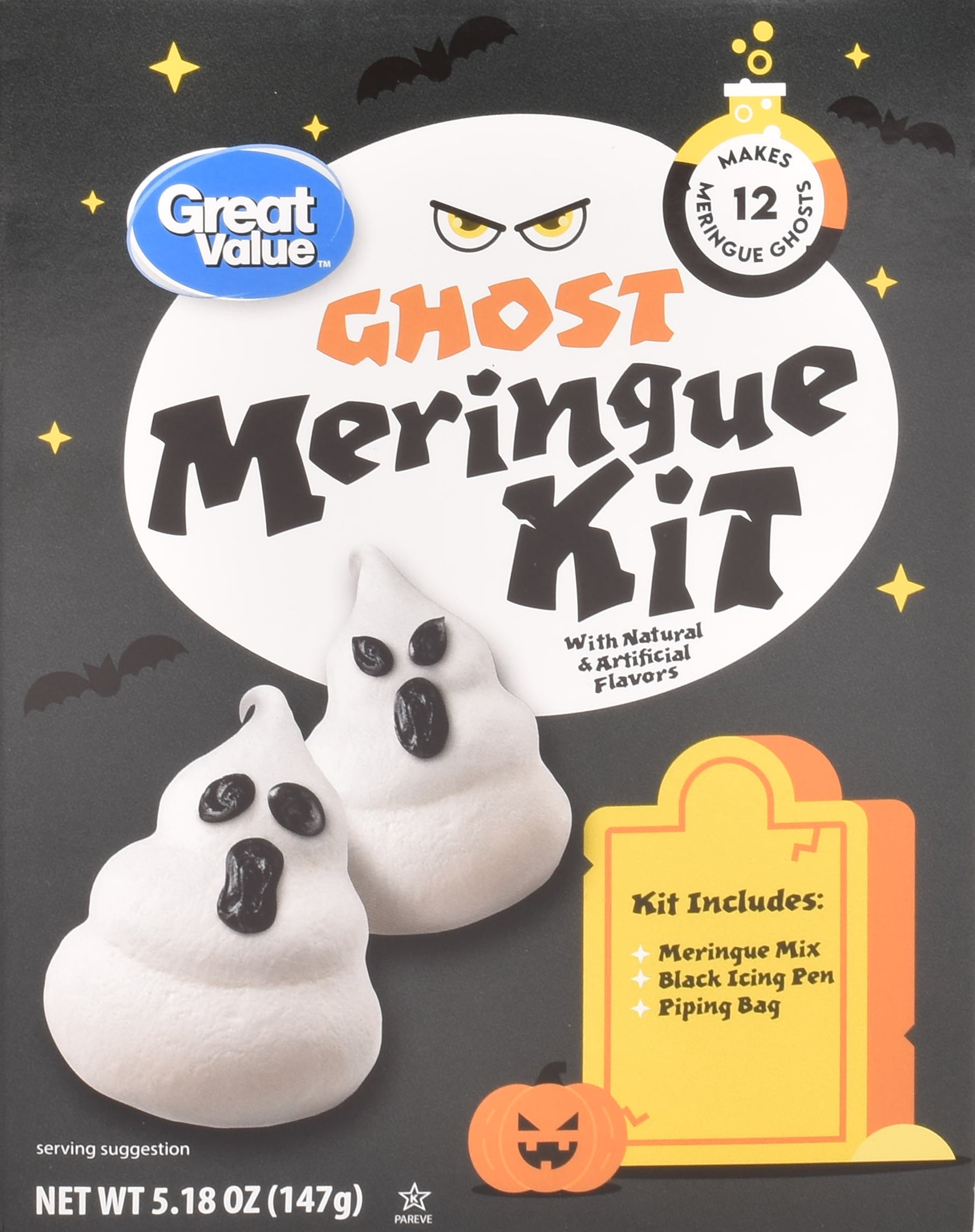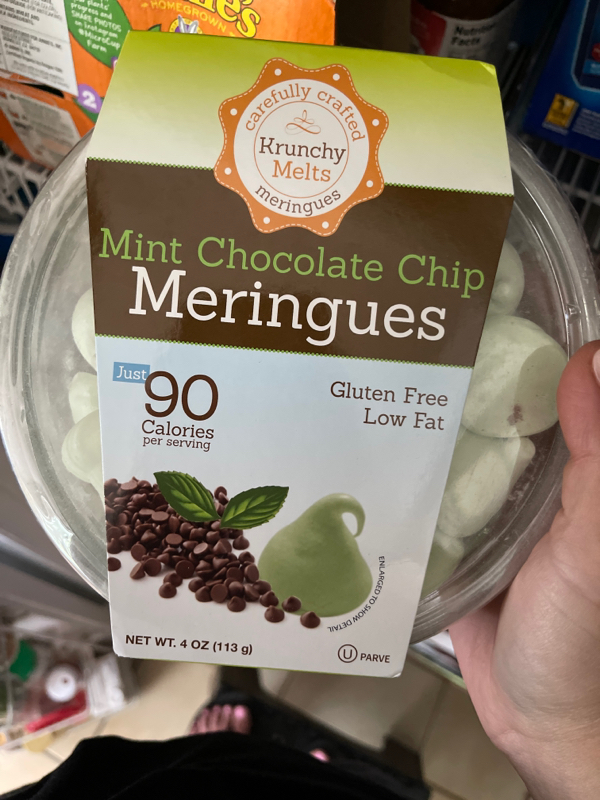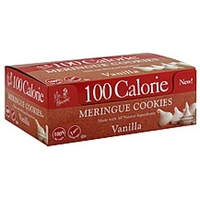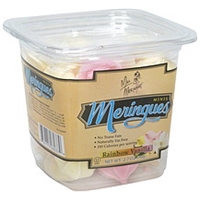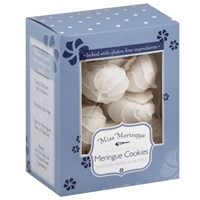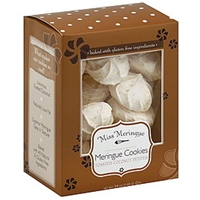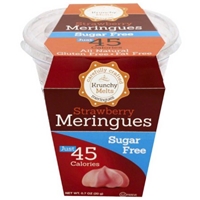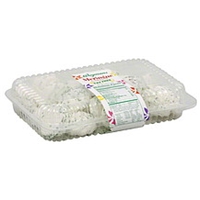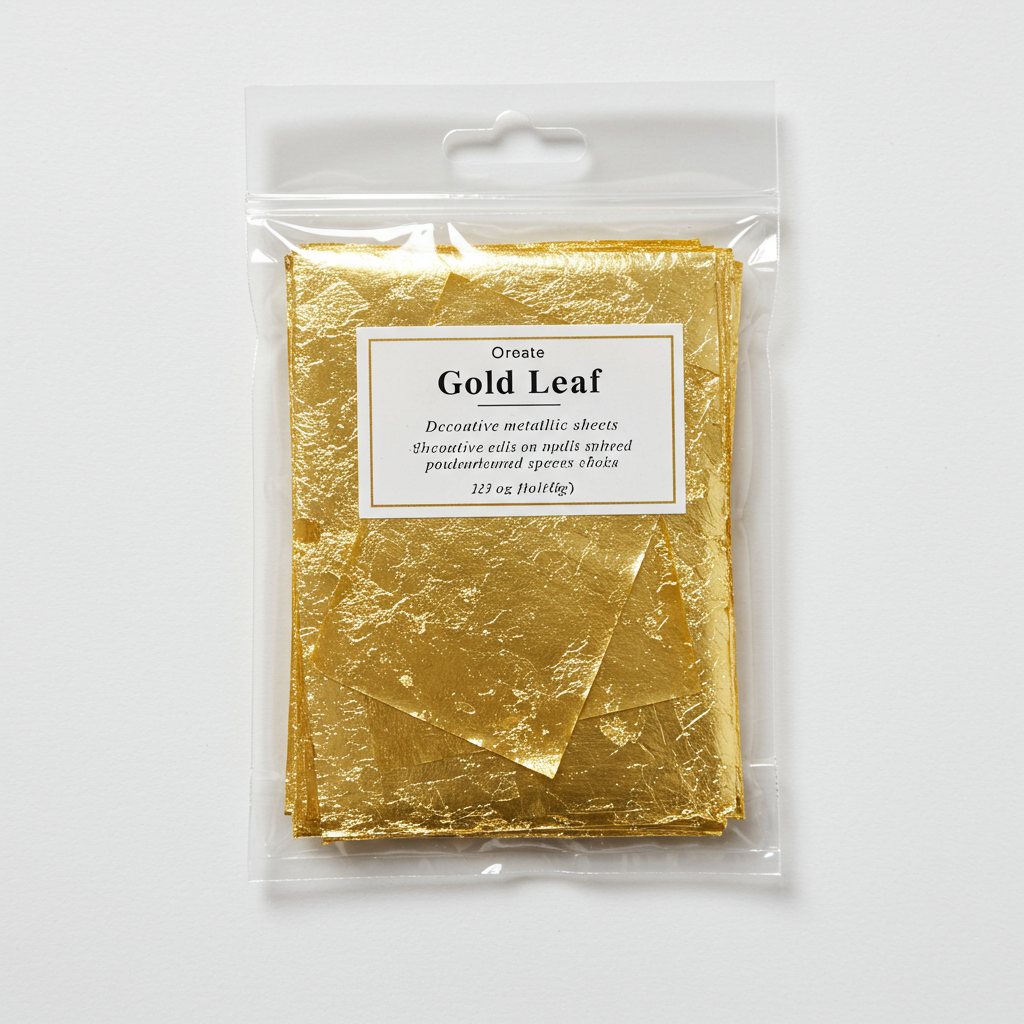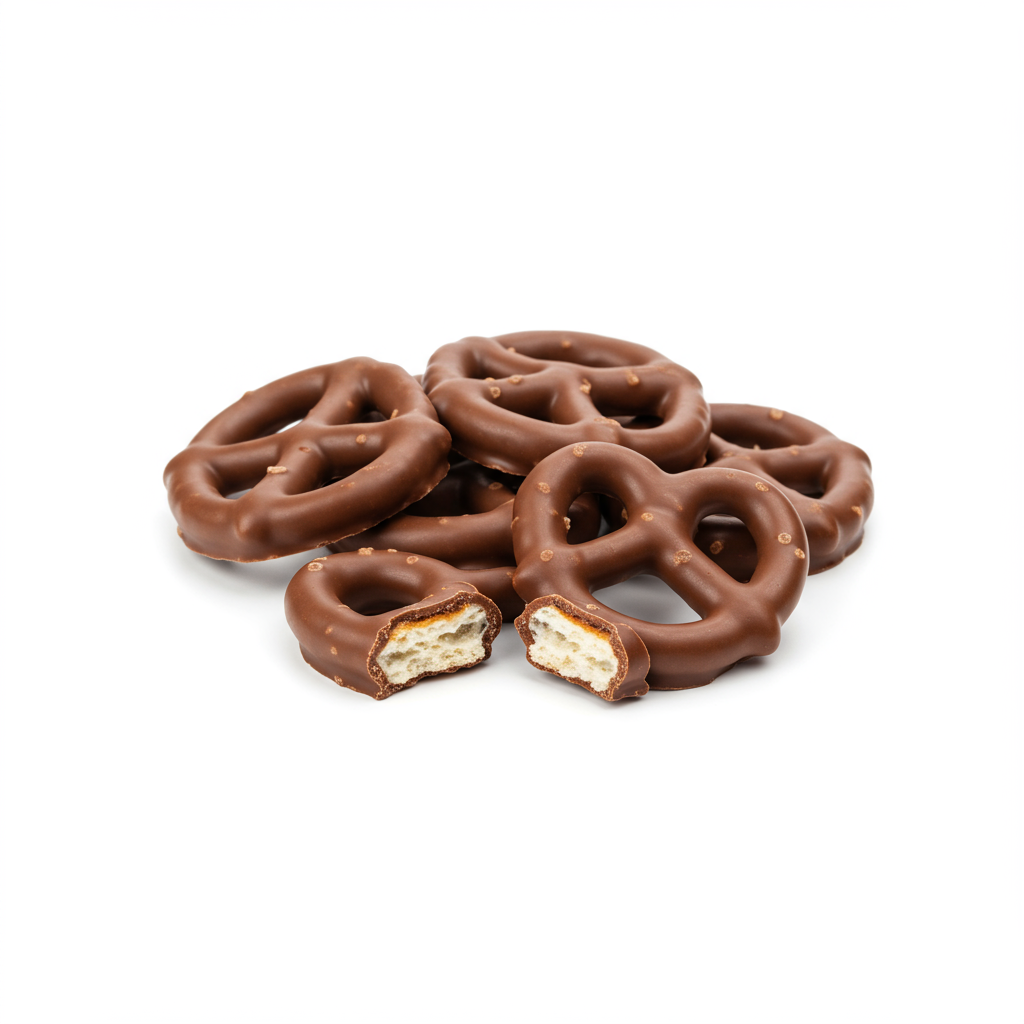Meringue
Meringue is a delicate dessert made from whipped egg whites and sugar, showcasing an airy, light texture that effortlessly dissolves in the mouth. This culinary delight originated in Switzerland and is now a popular dessert topping and component in many parts of the world. Meringue can be enjoyed as a simple cookie, a pie topping, or a layer in various decadent cakes and desserts like pavlova.
The key to a perfect meringue lies in the careful beating of egg whites until they form stiff peaks, along with the gradual addition of sugar. The mixture is then gently baked at a low temperature to produce a crisp exterior and a slightly chewy interior. Meringue is influenced by the proportion of sugar to egg whites, the baking time, and the humidity; different variations can be achieved for different recipes and preferences.
91%
CARBS
0%
FAT
9%
PROTEIN
130 Meringue Products
Sprouts Irresistable Meringues
Sinless Sweets Chocolate Meringues
Great Value Ghost Meringue Baking Mix Kit
Mint Chip Meringues
Miss Meringue Cookies 100 Calorie, Meringue, Vanilla
Miss Meringue Meringues Minis, Rainbow Vanilla
Miss Meringue Tahitian Vanilla Petites Meringue Cookies, 3.2 Oz, (Pack Of 12)
Miss Meringue Meringue Cookies Toasted Coconut Petites
Krunchy Melts Sugar Free Strawberry Meringues Cookies, 0.7 oz, (Pack of 12)
Wegmans Cookies Fat Free, Meringue
1 Recipe for Meringue
Meringue Is Frequently Used With
Meringue FAQ
Meringue, although simple in its ingredient composition with primarily egg whites and sugar, requires careful technique and precision to achieve the desired light, airy texture. The spots where people often go wrong when making meringue involve the whipping of egg whites or the incorporation of sugar. It's crucial not to overwhip or underwhip the egg whites; the ideal stage is when peak formed by lifting beaters is firm, not droopy or too stiff. Likewise, adding sugar all at once won't give the meringue the proper structure it needs to hold shape and volume. Instead, sugar should be added gradually while the egg whites are being whipped. Another tip to make your meringue wearther against humidity, is to add a pinch of cream of tartar, as it helps to stabilise the egg whites. Lastly, patience is optimal, as a slow, low temperature is necessary to draw the moisture out of the meringue without browning it too much. Overbaking will result in a too-crisp, almost brittle structure and underbaking will leave it damp and chewy on the inside.
Why is my meringue not stiffening?
Why has my meringue turned weepy or beads appear on its surface?
Can I make meringue without a mixer?
Why does my meringue shrink or crack?
How do I get my meringue crisp on the outside and soft on the inside?
Why did my meringue become grainy or fluffy?
How can I flavor my meringue?
How do I prevent my meringue from sticking to the paper?
How do I avoid a chewy center in my meringue?
Can I make meringue in a humid weather?
Expiration & Storage Tips
When does meringue expire?
Unopened store-bought meringues can last for up to two weeks at room temperature as long as it is dry and cool. If the meringue has not been opened but has passed the 'Best Before' date on the packaging, it's typically safe to eat for another week. Once opened, meringue should be consumed within three to four days maximum. However, for homemade meringue, it's best to eat it within a day after it was made because of its fragility and tendency to absorb moisture in the air. If you've decided to freeze meringue, it can extend the shelf life by another three months.
How do you tell if meringue is bad?
Spoiled meringues are relatively easy to spot. The most common signs of bad meringue are changes in the color, texture, and smell. If the meringues have developed an off smell or have any signs of mold, then it's time to toss them out. The texture should be crisp on the outside and slightly chewy on the inside; if they are very hard or crumbly, they are likely past their prime. As for the color, it should remain relatively white or light beige. Any darkening or spots indicates that it's likely spoiled.
Tips for storing meringue to extend shelf life
• Store meringues in an airtight container at room temperature. Avoid moist, warm areas, as humidity will make meringues soft and chewy.
• If your kitchen tends to be humid, consider investing in a dehumidifier or store them in a dark cupboard where less moisture tends to gather.
• Homemade meringues are best enjoyed fresh, but if you must store them, do so with a slice of bread in the container. The bread will absorb extra moisture and keep the meringues crisp.
• If you need to store meringues long term, consider freezing them. Ensure they are tightly sealed with both plastic wrap and an airtight container before freezing. To defrost, simply take them out of the freezer and allow them to come to room temperature before serving.
EXPIRES WITHIN
2 - 4
WEEKS
Substitutes
Health Info
Macros
5g
CARBS
0g
FAT
0g
PROTEIN
Allowed on these diets
LOW FAT
HIGH CALCIUM
VEGETARIAN
MEDITERRANEAN
LOW CARB
LACTOSE FREE
GLUTEN FREE
Contains these allergens
EGGS



